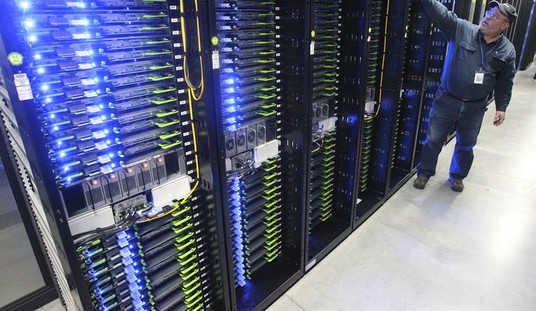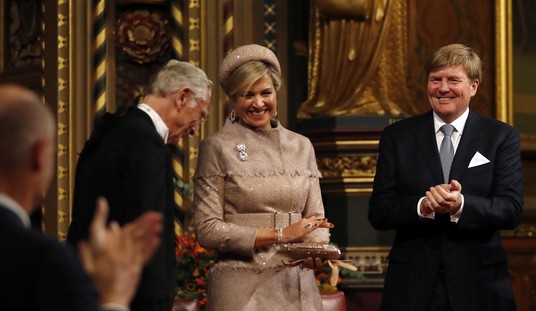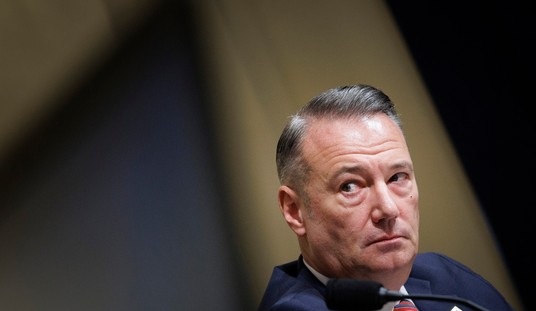Readers of my original Captain’s Quarters blog know that my wife Marcia has been the recipient of multiple transplants, including two live-donor kidney transplants that saved her life. (The first failed unexpectedly after less than two years.) Over the years, I have written quite a bit about transplants, the need to find live donors and to expand the resource base so that those who are ill can go back to a normal life. Many people think that only closely-related family members make suitable donors for live-organ kidney and liver transplants, but that hasn’t been the case for a very long time. Immune suppression regimens have advanced considerably, allowing for a great deal more flexibility.
Minneapolis CBS affiliate WCCO has a regular weekend series called Life to the Max, and in its most recent episode highlighted live-organ transplants. They follow the case of Jolinda Conzemius, a Twin Cities resident who recently received a kidney transplant from a co-worker, and both discuss how it impacted their lives. It’s well worth the watch, for reasons I’ll explain below:
http://www.youtube.com/watch?v=YIX4O4pRYTg&feature=youtu.be
At an early age Jolinda Conzemius was diagnosed with Polycystic Kidney Disease (PKD). PKD is a genetic disorder that has been in Jolinda’s family for generations. At the age of 43, her doctors referred her to the Mayo Clinic’s kidney transplant program in Rochester, Minn. After testing friends and family without a match, doctors told her that it could take up to five years to find a donor. She didn’t know if she had five years to wait. Jolinda’s employer, Lifetouch, a photography company based in Eden Prairie, Minn., put out the call for donors to their 23,000 employees. The results of that call will touch your heart. Join us for this amazing story of hope, gratitude and generosity of spirit.
First, if you’d like to know more about how live-organ transplants work and whether you’d be interested in participating, contact the Mayo Clinic here. We went through the University of Minnesota, which does excellent work, and their transplant clinic website is here. HHS has an information portal on transplants in general, which links to the Living Donor Assistance Program, another good site for information and direction.
And now, for the rest of the story.
Jolinda is one of our close friends; we’ve known her for years. In fact, she used to help Marcia with her grocery shopping on a regular basis until her work responsibilities made it impossible, but we’ve spent lots of time with Jolinda and her husband Michael during and since. He and I would golf each week until my last back surgery sidelined me, go to the movies, and just hang out. Jolinda and Michael were around for the year in which Marcia became seriously ill after her last kidney failure in 2006. She helped Marcia all through that year, trying to boost her mood — but all the while realizing that without a transplant, she could be going through the exact same thing.
When Jolinda went through her surgery, I asked on Twitter for prayers, calling her “JC” at the time. (I never take it for granted that my friends want to be outed.) I’ve received a small number of inquiries since then asking how “JC” is doing. As can be seen from the video, Jolinda is thriving. She looks great, and feels so much better. She’s always a positive person, but the illness wore on her; now she’s even more full of joy, especially because the doctors finally agreed to immediately remove the diseased kidneys, each of which was the size and weight of a two-liter bottle of Coke. Dawn, the lovely young mother in the video who was Jolinda’s donor, is also doing very well, fully recovered and back to her normal life. They will always have a very special and unique connection, just as Marcia has her connections to her living donors.
This is a program that allows miracles and saves lives. Not everyone can participate in it, but perhaps those who can will find some inspiration in Jolinda, Dawn, Marcia, and all of those whose lives have been lifted by it.








Join the conversation as a VIP Member